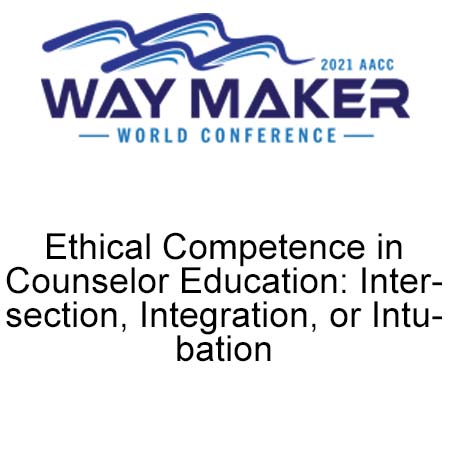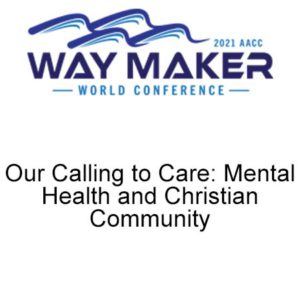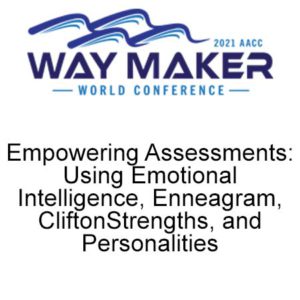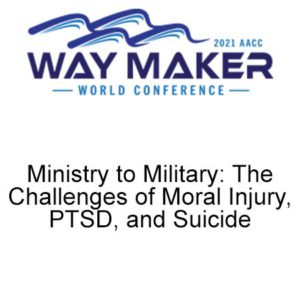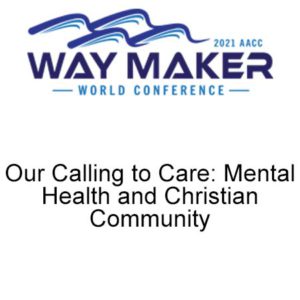Description
416: Ethical Competence in Counselor Education: Intersection, Integration, or Intubation
David Jenkins, Psy.D.
Liberty University
1971 University Blvd.
Lynchburg, VA 24515
Summary
Counselor educators have an ethical obligation of gatekeeping that includes teaching counselors-in-training what to think but, more importantly, how to think. Ethical competence, beyond technical competence, requires counselor educators to internalize the moral values of their profession and be people of character strength, ethical awareness, and moral judgment. Ethical competence may help the counseling professions better navigate ethical challenges, have more constructive and respectful dialogue, and develop more ethically integrated and skillful counselors. Diversity is one area where ethical competence is vitally important for counselors, whether educators or trainees. This session will consider ethical competence and its role in counselor education, illustrated through application to the area of diversity.
Learning Objectives
Participants will:
• Analyze various models and applications of ethical competence for psychologists and licensed mental health professionals
• Develop ethical competence into their conceptualization of counselor education
• Apply ethical competence to the area of diversity
• Evaluate how outcomes for the counseling professions and the public might be enhanced through increased clarity of, and commitment to, ethical competence in counselor education

